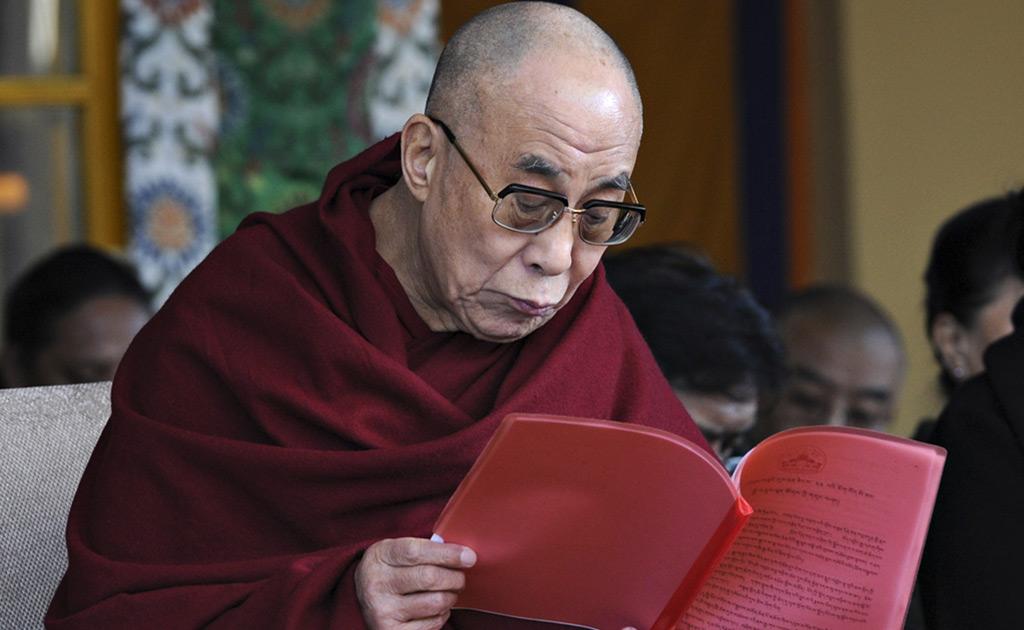China says Dalai Lama retirement is a “trick” (VIDEO)
The Dalai Lama reads a statement from the Tibetan Parliament-in-exile during a ceremony marking the 52nd anniversary of the 1959 Tibetan uprising against Chinese rule, at the Tsuglakhang Temple in Dharamshala, on March 10.
China accused the Dalai Lama of playing "tricks" on the world after the Buddhist spiritual leader announced he was stepping down as political head of the exiled Tibetan government.
A spokeswoman for the Foreign Ministry in Beijing, which frequently accuses the Dalai Lama of trying to seek independence for Chinese-controlled Tibet, said the exiled monk was making false promises.
"He has often talked about retirement in the past few years," spokeswoman Jiang Yu told reporters, according to AFP. "I think these are his tricks to deceive.
"The Dalai is a political exile under a religious cloak long engaged in activities aimed at splitting China and he is also the mastermind of a political clique of Tibetan independence activists," she added.
In a statement on the 52nd anniversary of a failed uprising against Chinese rule in Tibet, the Nobel Peace laureate said he will pass political power to the elected prime minister of the self-proclaimed Tibetan government in exile, which convenes in the northern Indian town of Dharamsala.
The 75-year-old, who will remain Tibet's spiritual leader, says he will present the decision to the exiled parliament next week.
"As early as the 1960s, I have repeatedly stressed that Tibetans need a leader, elected freely by the Tibetan people, to whom I can devolve power," his statement said. "Now, we have clearly reached the time to put this into effect."
The revered spiritual leader was named Tibet's "head of state" in 1950 at the age of 15. He fled to India in 1959 after the failed uprising.
Samdhong Rinpoche, who is due to step down as prime minister in exile this month, clearing the way for an elected successor, said the Dalai Lama's retirement from public life could undermine his government's claim to credibility.
"Without Dalai Lama, we will not have any legitimacy in the eyes of Tibetans," he told the Hindustan Times. "It is a real question before us and we have to find a solution to it."
The Dalai Lama's announcement follows a recent crackdown on dissent on the Tibetan plateau in the wake of a violent uprising in 2008. Beijing has also tried — largely without success — to increase its control over the territory's typically devout citizens by making its own appointments to senior positions in Tibetan Buddhism.
Every day, reporters and producers at The World are hard at work bringing you human-centered news from across the globe. But we can’t do it without you. We need your support to ensure we can continue this work for another year.
Make a gift today, and you’ll help us unlock a matching gift of $67,000!
